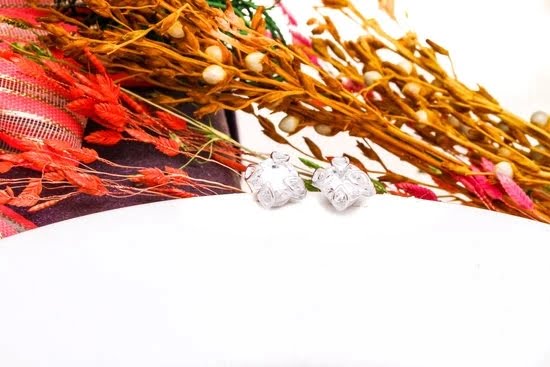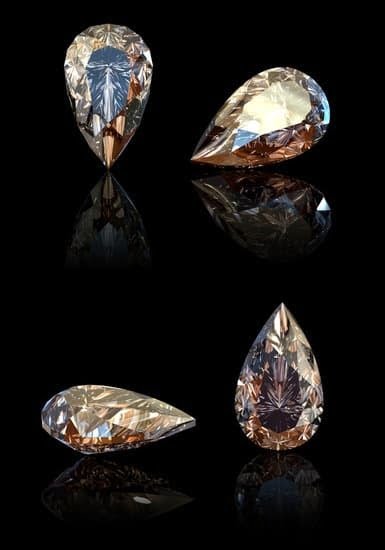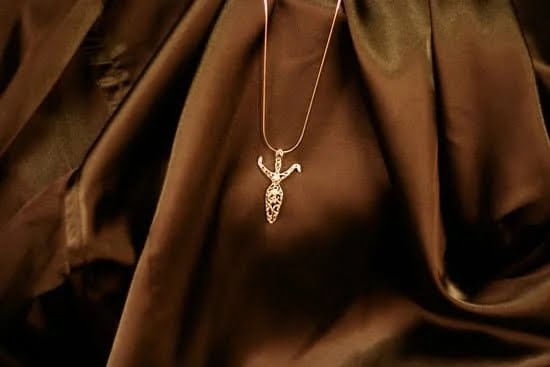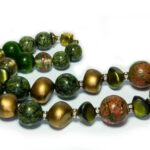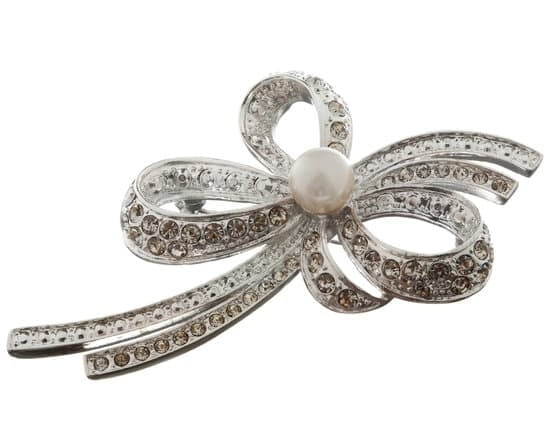Can Silver And Gold Jewelry Be Cleaned With Peroxide
Yes, silver and gold jewelry can be cleaned with peroxide. Peroxide is a bleaching agent, so it can help to remove any built-up dirt or tarnish from your jewelry. Just be sure to avoid getting the peroxide on any stones or other decorations on your jewelry, as it could potentially damage them.
To clean your jewelry with peroxide, start by mixing together equal parts peroxide and water in a small bowl or cup. Then, soak your jewelry in the solution for about five minutes. After soaking, use a soft cloth to wipe the jewelry clean. Be sure to rinse the jewelry well after cleaning, and then dry it with a another soft cloth.
Can You Clean Jewelry In Amonia
The simple answer to this question is yes, you can clean jewelry in ammonia. However, there are a few things you need to keep in mind when doing so.
First and foremost, always be sure to read the product label before using any cleaning products. This is especially important when it comes to ammonia, as it can be harmful if not used correctly.
When cleaning jewelry in ammonia, be sure to use a gentle cleaning method. Soaking the jewelry in a bowl of ammonia solution is usually the best way to go. However, if the jewelry is very dirty, you may need to use a soft-bristled brush to help remove the dirt and grime.
Be sure to rinse the jewelry thoroughly after cleaning it in ammonia. This will help remove any of the harsh chemicals, and will help keep your jewelry looking its best.
Have Precious Stones Need To Make Into Jewelry
In order to make jewelry from precious stones, the stones need to be cut and polished. The shape of the stone and the type of jewelry being made will determine the cutting and polishing needed.
The first step in cutting a stone is to determine the shape of the finished product. There are many different shapes that a jeweler can choose from, such as round, emerald, marquise, and pear. The shape of the stone will determine the type of saw that is used to cut it.
After the shape of the stone is determined, the next step is to polish it. The polishing can be done with a variety of different tools, such as a grinding wheel, sandpaper, or a polishing cloth. The polishing will give the stone a smooth, shiny finish.
The last step is to cut the stone to the desired size. This can be done with a saw, a chisel, or a drill. The jeweler will also need to use a variety of tools to finish the edges of the stone.
Once the stone is cut and polished, it can be used to make a variety of jewelry items, such as rings, necklaces, or earrings.
Does Niobium Jewelry Stain
Niobium is a grey-white metal that does not corrode in the presence of other elements. It is mainly used for jewelry and other decorative items. Niobium is also used in alloys with other metals to make different colors.
One of the main concerns about niobium jewelry is whether it will stain the skin. The answer is that it depends on the alloy that the niobium is combined with. Some alloys can cause a discoloration of the skin, while others will not.
If you are concerned about whether a particular alloy will cause a staining reaction on your skin, it is best to test it out in a small area first. Put a small amount of the alloy on your skin and wait a few minutes. If there is no reaction, then the alloy is safe to wear. If there is a reaction, then you should avoid wearing that alloy.
Does Pewter Jewelry Contain Lead
The simple answer to this question is yes, but there is more to the story. Pewter is a type of alloy that is made up of a mixture of metals, including tin and lead. The lead in pewter is what gives it its characteristic silver-gray color. While the lead in pewter is not harmful in small amounts, it can be toxic if ingested in large quantities.
For this reason, it is important that you take care when wearing pewter jewelry. Make sure to keep it away from your skin and to wash your hands after wearing it. If you are pregnant or nursing, it is best to avoid wearing pewter jewelry altogether.
If you are looking for a lead-free alternative to pewter jewelry, consider silver or gold jewelry. These metals are not toxic and will not cause any harm if ingested.

Welcome to my jewelry blog! My name is Sarah and I am the owner of this blog.
I love making jewelry and sharing my creations with others.
So whether you’re someone who loves wearing jewelry yourself or simply enjoys learning about it, be sure to check out my blog for insightful posts on everything related to this exciting topic!

